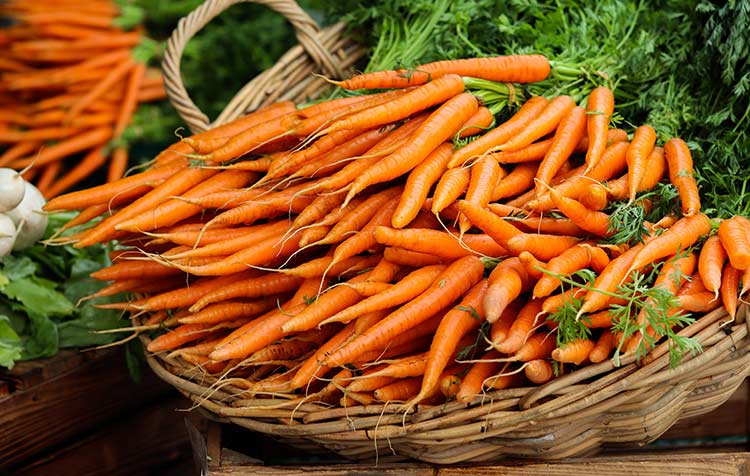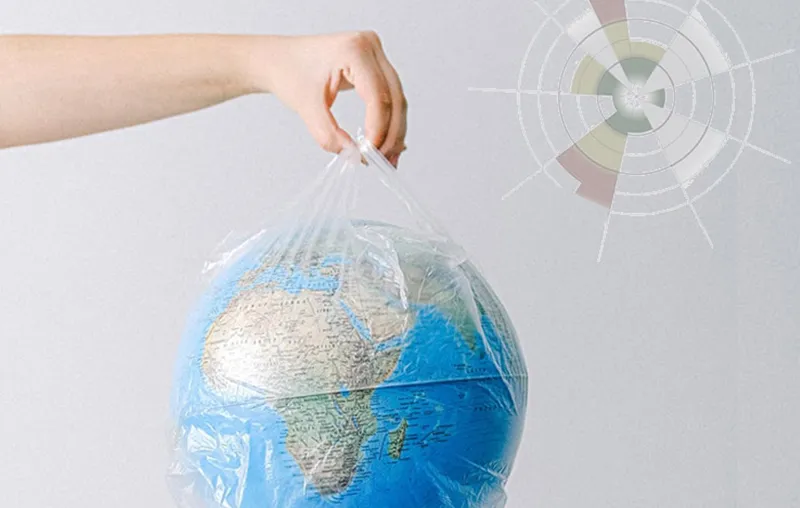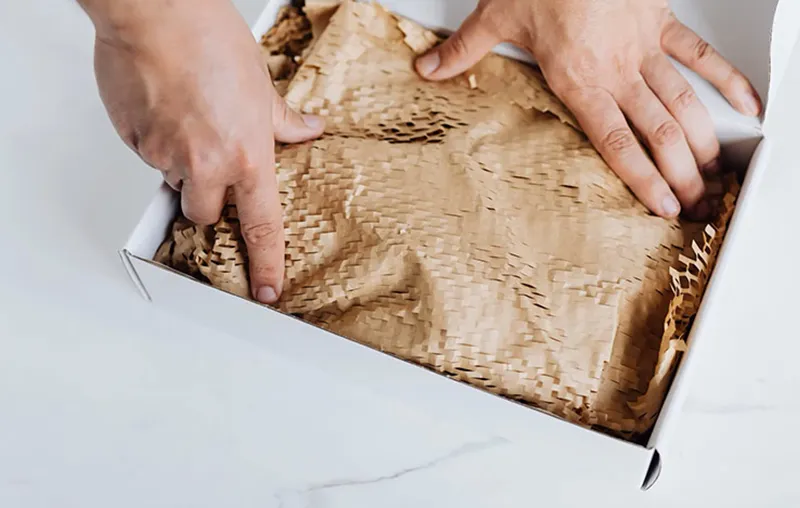Want to buy your organic food on the cheap? Then you've come to the right place! "Organic is expensive, I can't afford it" is often said. The price of an organic cucumber, for example, is actually higher than that of a conventionally grown cucumber. But for the extra price, you also get a healthier, more environmentally friendly and animal-friendly food. That's why I prefer to speak of inexpensive, rather than expensive products when talking about organic quality.
Fortunately, however, we consumers also have many options to organically produced food even cheaper and even comparatively cheap to get! In this article, I would like to show you briefly and concisely how you can save money when buying your organic food. Let's go!
- Benefit from soon to expire organic foods
- Prefer fresh, unprocessed organic foods
- Compare prices and understand price differences
- Inform about offers and promotions
- Save organic food from farms
- Buy larger quantities
- Do the shopping on Saturday evening
- Buy food directly from producers
- Visit weekly markets near the end
- Observe the season of the food
- Grow your own organic fruits and vegetables
- Consume regional products
- Give up sweets
- Avoid food waste
- Prefer plant foods
1. profit from soon expiring food
Fresh, agricultural products, such as fruits and vegetables, are perishable. So that supermarkets or organic food stores can still sell them profitably beforehand, the Prices usually greatly reduced. This is the ideal chance to get cheap organic food that is still absolutely edible and no less delicious.
2. give preference to fresh, unprocessed foods
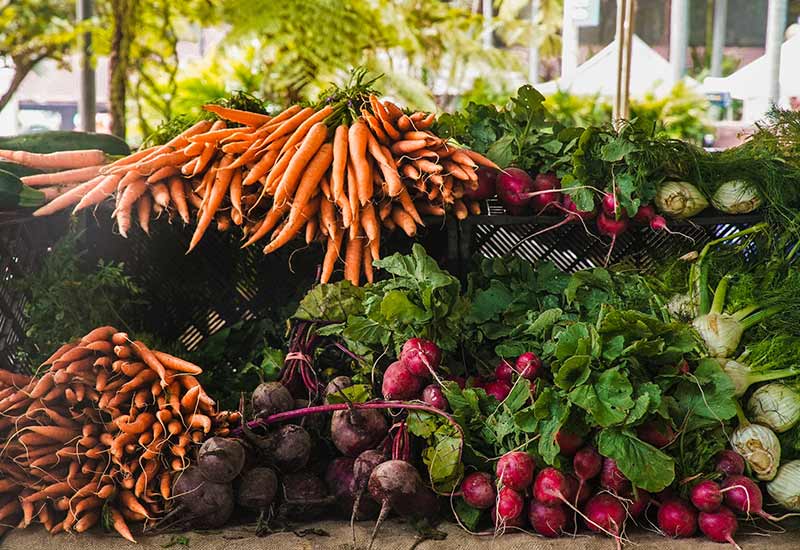
If you want to buy organic cheaply, you should keep your hands off processed ready meals. Every step in the production process costs money - These are costs that you, as a consumer, have to bear. Therefore, fresh, unprocessed food that you simply prepare yourself is much cheaper.
3. compare prices and understand price differences
Whether it's electronics, gas or groceries, most of us are used to comparing prices. So the next time you go shopping, pay close attention to the prices of your groceries. Price tags, the respective Price per kilo or - in the follow-up - on your Receipt.
Many food items are available at reduced prices - and organic products like Potatoes, cereals, peas, beans, lentils, oatmeal, pasta or flour are just basically very cheap and can be had without much price difference to conventionally produced food.
4. inform about offers and promotions
Want to buy your organic groceries on the cheap? Then listen to the Radio advertising in your region, pay attention to information about the Loudspeaker in your favorite market, on advertising in the Daily newspaper and on (mostly) red promotion or discount stickers on the price tags of the goods.
Customers of many organic markets also receive discounts on groceries when they Member of the respective consumer association be
5. save food from farms
Meanwhile, there is also in almost all supermarkets a Compartment for soon expired and accordingly cheap (organic) food products. So not only do you save money through sustainable behavior, but you also preserve the products from the organic farming in the best case even before the garbage can.
But above all you can learn from very cheap or even completely free Food benefit if you have clubs like Food Sharing Supports and rescues leftover or discarded products from bakeries, restaurants and retailers.
6. purchase larger quantities
Many of us have the habit of always buying only as much as you need on the same day or in the next few days. The attitude is basically very good. But if you know that food lasts longer and you will definitely eat it up completely, it is financially worth buying larger quantities and stocking up.
The prerequisite is that you have enough storage space with you and that you buy the right organic foods that you will definitely consume. Grain, flour, pasta but also onions, potatoes or apples For example, experience shows that they last a very long time, so it can be cheaper to buy double the amount at the end of the day.
7. make the purchase on Saturday evening
Since Sunday is a day of rest and the organic markets are closed accordingly, many perishable goods are once again greatly reduced the night before, so that they still yield. So this is a great opportunity if you want to buy organic food for cheap.
8. buy food directly from producers
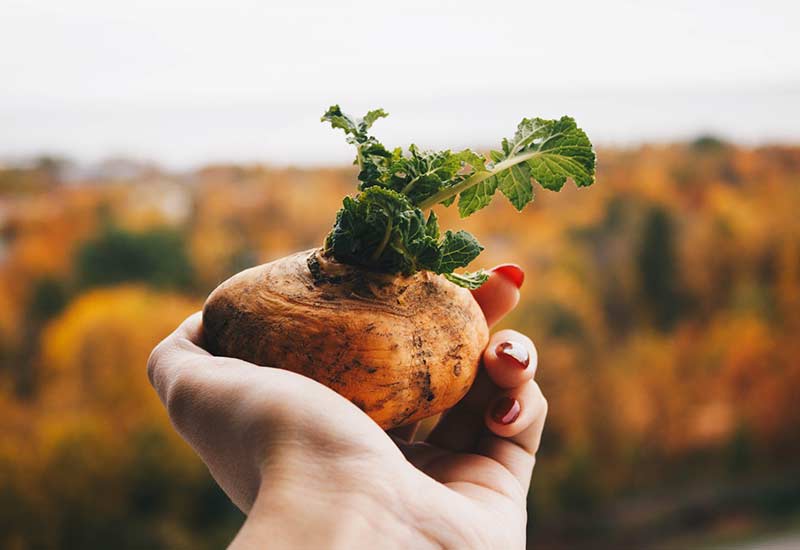
Since middlemen also want to earn their money, organic food is once again much cheaper if you skip this detour and buy it directly where it is produced. Many village Farm stores, weekly markets or neighborhood street stalls. invite and enable the purchase of ecological goods from the immediate vicinity.
Additional Tip: Many foods with organic quality also grow wild - for example, mushrooms, herbs, but also cherries, apples and berries. It doesn't get any cheaper than this. But please make sure to take only as many fruits as you really need.
9. visit weekly markets just before the end
Similar to supermarkets, prices at weekly or organic markets are also mostly significantly reducedThe more often the second hand has struck on the same day, the greater the profit margin. From a financial point of view, it can definitely be worthwhile to go shopping when the traders at the market are already longing for their well-deserved closing time.
10. observe the season of the food
For example, the pumpkin season runs from August to mid-November. Especially in October, when the season reaches its peak, prices are extremely cheap because the Demand high and the supply is correspondingly greater. In addition no cultivation in energy-intensive, costly greenhouses necessary.
What I want to say with this example: Use a seasonal calendar for fruits and vegetables - and you are guaranteed to be able to buy your organic food at a much lower price in the future.
Tip: Even more advice on the seasonal shopping by the way, in the linked article.
11. grow organic fruits and vegetables yourself
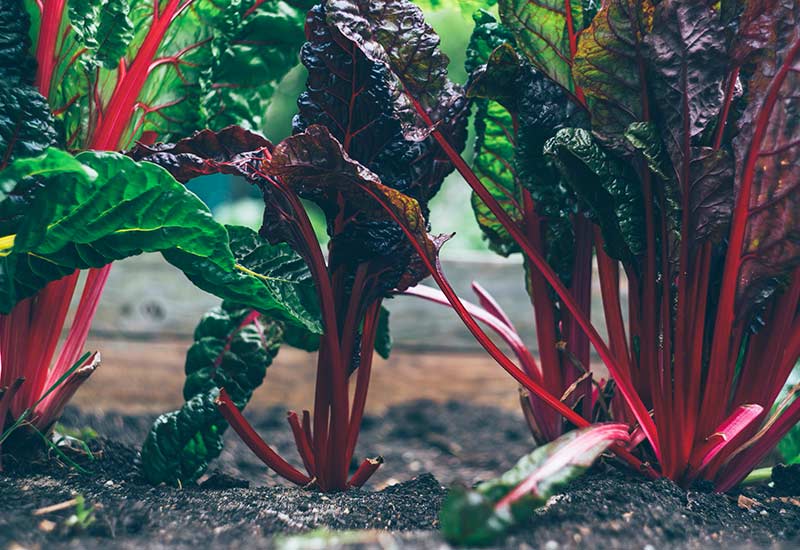
Of course, if you just grow your own organic produce, it's even cheaper. Rhubarb, tomatoes, basil, potatoes or strawberries For example, can be wonderfully planted in your own garden. The brand homegrown costs a little time but almost no money. And it's fun too!
Especially if you don't have your own garden, maybe the concepts of the Self-Harvesting Gardens or the Solidarity agriculture something for you. There, consumers and producers cooperate directly with each other. This way you can benefit from delicious, healthy and organically produced food and support farmers in your area even without a large garden plot.
12. consume regional products
Organic products that did not have to be transported halfway around the world are often cheaper due to the saved transport costs to have. So try to consciously buy from producers shop in your region or to give preference to regional goods in the market.
But attention: The term "regional" is not protected by law - therefore you should always check or ask whether the respective product actually comes from your region.
13. give up sweets
Whether organic candies, organic gummy bears, organic chips or organic cakes - the industrial sugar and fat grenades basically provide no nutrients, but cost a lot of money. In short: they are not necessary for survival - but ultimately even harm your own health and wallet.
14. avoid food waste
Whether organic or not - every food purchased and then carelessly thrown away is also money thrown away. And therefore also a appreciative and mindful handling of your food make sure that you save money through sustainability.
Here are a few Tips to reduce your personal food waste:
- Make a shopping plan and stick to it
- Freeze leftover meals
- Do not take the best-before date so seriously, but rather look at the respective food very carefully
- Make smoothies from the leftovers
- Buy even the crooked, imperfect foods
- …
Can you think of other tips to keep organic food out of the garbage can? Then I look forward to your note in the comments.
15. prefer plant foods
Those who want to buy organic food cheaply should also give preference to plant-based foods. The "Detour animal" makes animal foods, such as organic meat or organic eggs, so expensive. After all, the animal feed has to be grown, each animal has to be fed daily and each barn has to be cleaned. It is therefore much cheaper if you simply eat the (feed) plants directly.
Some organic foods, such as Potatoes, carrots, zucchinis, white cabbage, apples or bananas you can buy from experience quite cheap. Once you have discovered the cheap organic goods for yourself, you can benefit financially permanently.
Tip: My motivation for a purely plant-based diet is ecological, health-related, but especially ethical. In a separate article, I will gladly explain all my personal Reasons for the vegan lifestyle.
Buy organic food cheap made easy!
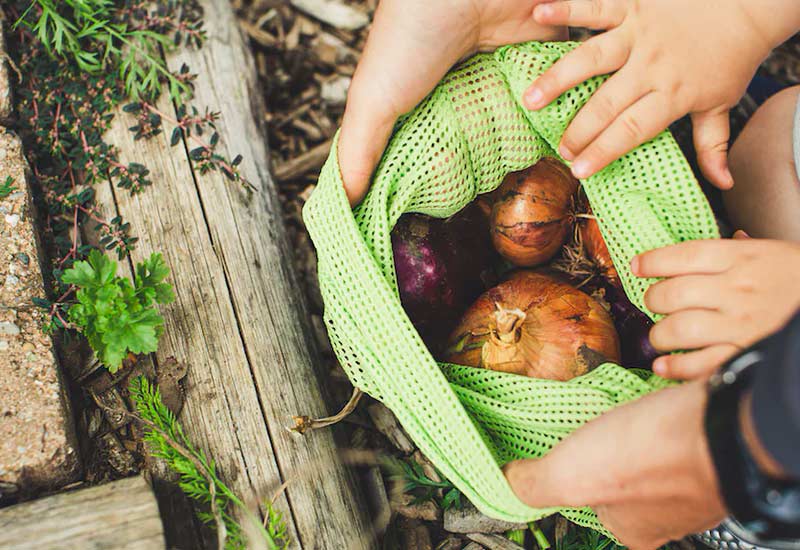
Yes, organic products do cost a bit more - but for very good, understandable reasons. For example, in this article you learned that Regionality and seasonality have the advantage, positive influence on the price - and that the purchase of larger quantities and fresh goods is financially worthwhile for you. You really have an unbelievable number of opportunities to get goods from organic farming relatively cheaply. Therefore I can not accept statements like "organic is expensive" or "vegan is expensive" I can't confirm that nowadays, even though I used to be of a similar opinion.
I hope that I could help you with this article. Do you have any questions, suggestions or further tips? Then I'm looking forward to your comments!
Stay sustainable,

PS.: You want to use your Utilize food scraps even better? Then learn now in the next article the foods whose peels, stems, leaves and other leftovers you can use wisely and save from the trash can.

